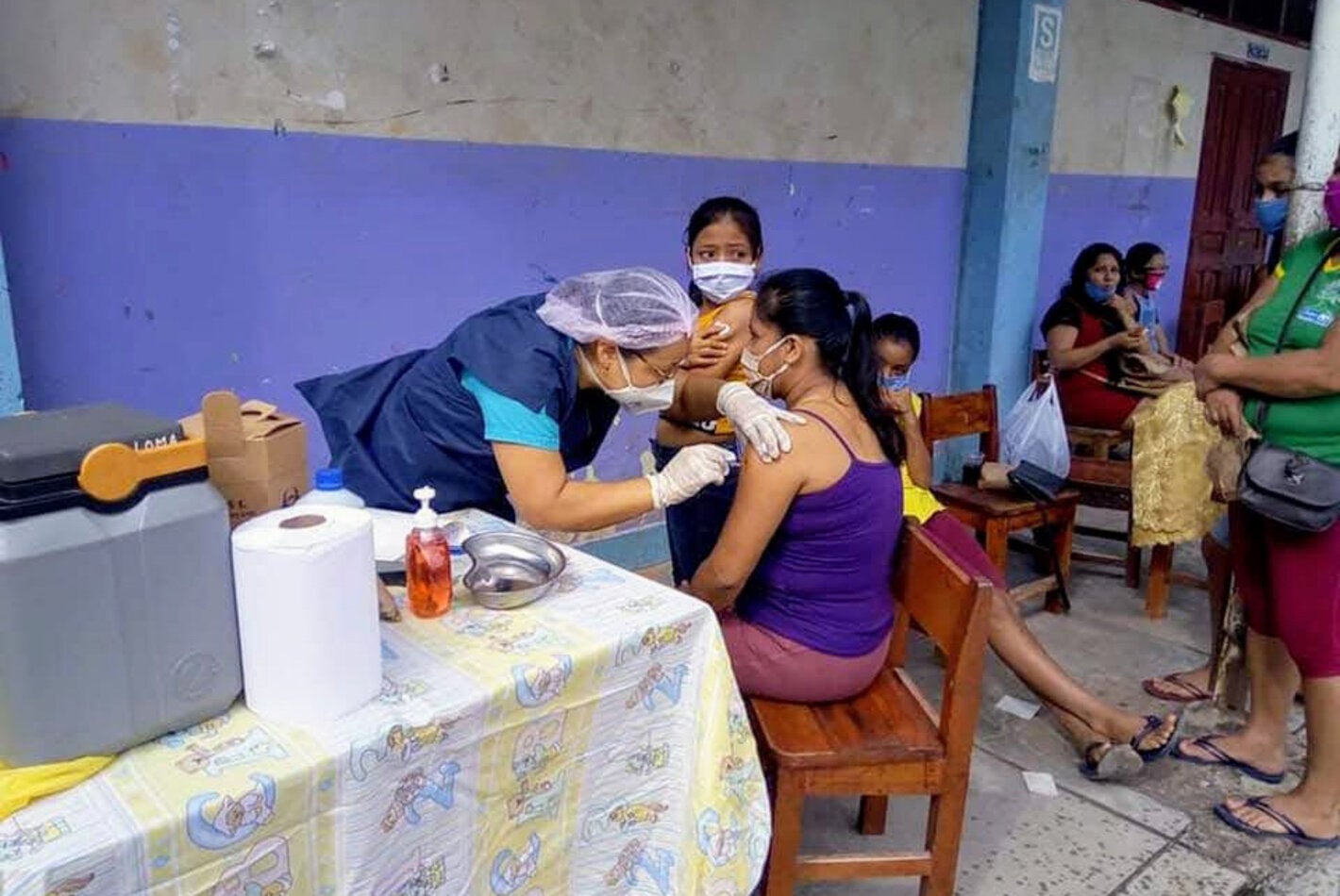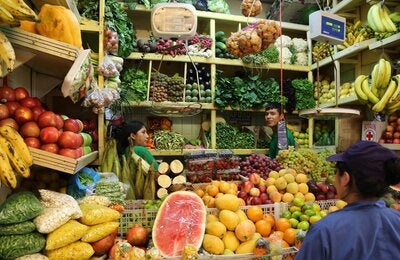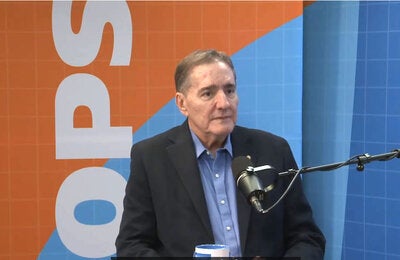
Routine vaccination, care for diabetes, hypertension and HIV, and maternal health have all been impacted. Countries must adapt and ensure continuation of primary health services alongside pandemic response.
Washington D.C., August 4, 2020 (PAHO) — Health services are being disrupted in countries of the Americas as health workers are redirected to care for COVID-19 patients, people hesitate to seek routine care due to fears of infection, and global supply chains of medicines and equipment are strained said Carissa F. Etienne, Director of the Pan American Health Organization (PAHO) today.
Countries must avoid thinking that they must make a choice, a choice between reopening economies and protecting the health and well-being of their people
“Without doctors and nurses available to offer other essential services at the first level of care – including pregnancy-related care, and management of chronic conditions like diabetes or infectious diseases such as HIV, TB and malaria – these services are severely disrupted or worse yet, halted entirely.”
The region “remains under the tight grip of this pandemic. As of August 3, the Americas had over 9.7 million cases and over 365,000 deaths – and these numbers continue to rise,” the PAHO director said.
“More than a quarter of countries have suspended routine vaccination campaigns,” and “weeks or months of disruption will increase the risk of outbreaks of vaccine-preventable disease, reversing our longstanding trends in the Region,” she noted.
In 27 countries, half of the diabetes and hypertension programs at primary care level have been halted, a survey showed, and pregnancy related visits have dropped by 40%. Today, 11 countries within the Americas have less than three-month supply of antiretrovirals. “If these are not replenished soon, people living with HIV may have to interrupt their treatment. Running out of these supplies is simply not an option,” said the PAHO Director.
A prolonged response to this pandemic must include provision of other essential life-saving services. “Countries must avoid thinking that they must make a choice, a choice between reopening economies and protecting the health and well-being of their people,” said Etienne.
PAHO is calling on countries to adapt to this new situation to “reengineer how essential care is delivered and invest in the first level of care,” using telemedicine, home visits, and community outreach programs to support vulnerable populations.” At the same time, they must also mitigate the effects of COVID-19. “This is not an either/or choice – rather Governments must strike that careful balance for public health,” urged the PAHO Director.
“Countries can respond to COVID-19 by providing testing and contact tracing, while also offering other essential services like immunizations and mental health support. An integrated approach saves patients’ time and resources while improving the quality of care they receive,” she said. “Primary health care investments also improve efficiency, reduce health care costs, and enable hospitals and communities to expand capacity in other areas of care.”
“As we continue on this path toward universal health, we must ensure our health systems are resilient, and that they have the resources, the supplies and health workers they need to fight a pandemic, while also keeping people healthy and protected from other diseases,” the PAHO Director concluded.



